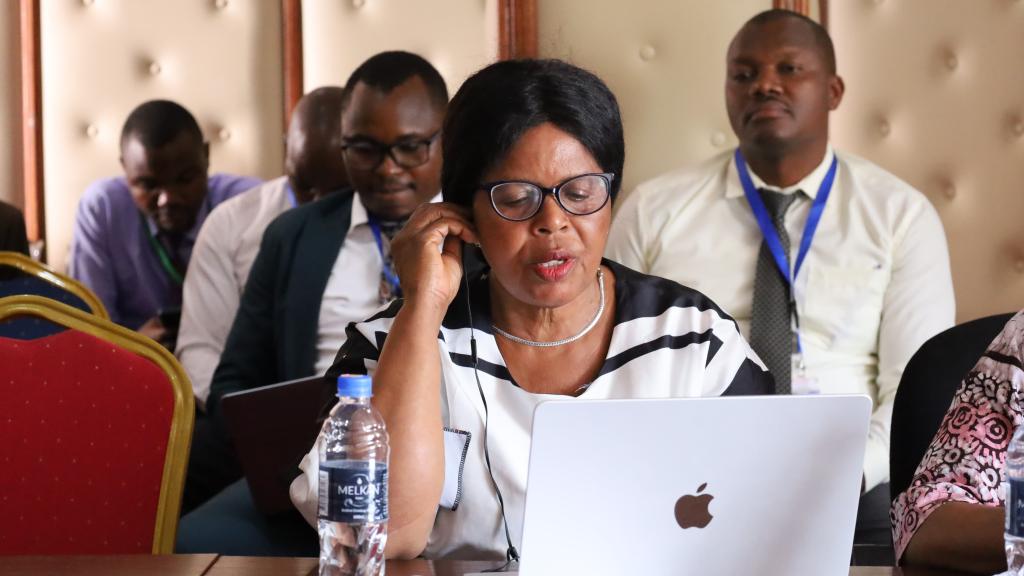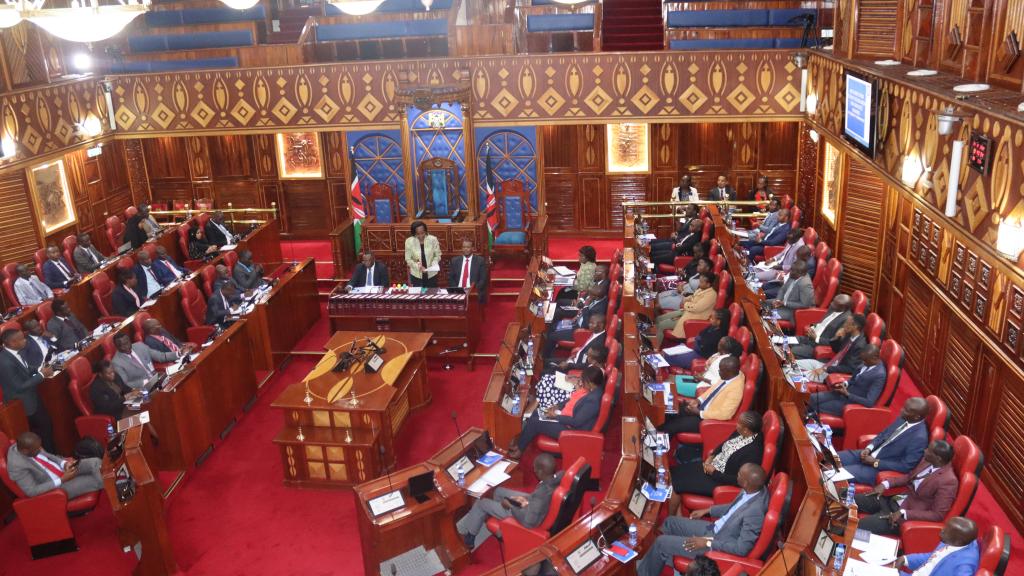Strengthening Kenya's democracy: collaborative approach

In Kenya, the pursuit of transparency, accountability, and inclusion remains a central focus in national, developmental, and political reform agendas. Despite the country's robust constitutional, legal, and institutional frameworks, the practical implementation and enforcement of essential policies and reforms present ongoing challenges. The intricate and ever-changing political landscape further hampers the effective resolution of persistent issues such as corruption, citizen engagement, inclusive representation, electoral integrity, and the interplay between different institutions crucial for delivering services to citizens .
WFD’s work in kenya aims to elevate Parliament into a model of openness, accountability, inclusivity, and efficiency for all Kenyans. Key actors receive regular technical guidance to facilitate meaningful change. They include:
- the Senate Liaison Office
- various parliamentary committees
- the African Parliamentarians' Network Against Corruption (APNAC), and the Civil Society Parliamentary Engagement Network (CSPEN)
- Open Government Partnership (OGP) Public participation and legislative openness cluster.
Engagement and impact
Over the past 10 months, the programme maintained active engagement with parliamentary partners. Notably, the Senate committee on Devolution and Intergovernmental Relations (CDIR) demonstrated a commitment to implementing recommendations[SL1] , enhancing oversight on intergovernmental relations, and actively mediating conflicts between county executives and assemblies.
One noteworthy achievement was the committee's request for Alternative Dispute Resolution (ADR) skills to facilitate more effective mediation. This proactive step by the CDIR underscores a genuine commitment to address longstanding issues hindering effective service delivery.
Support to the Senate of Kenya to develop County Legislative Tracker (CLT) is a huge step forward. The CLT as an online tracking database draws information and collects data from all counties to aid in tracking county legislations. It thus provides an essential loop for the Senate in harmonising legislation emanating from the County Assemblies, identifying gaps in legislative drafting for appropriate redress, identifying gaps in legislative procedures among others. Additionally, the programme supported APNAC-Kenya in reviewing anti-corruption legislation, resulting in proposed amendments aimed at fortifying legislative frameworks. The commitment of APNAC's membership to sponsor these amendments through Parliament signals a potential paradigm shift in the fight against corruption.
Public debt oversight
Recognising the importance of parliamentary oversight on public debt, the programme engaged the Public Debt and Privatisation Committee of the National Assembly. Consensus was reached on conducting a Public Debt Management Assessment (PDMAT), providing a baseline for effective oversight. The committee's commitment to the PDMAT signals a proactive approach to enhance Parliament's capacity in public debt management.
Conclusion
This programme is not merely addressing immediate challenges; it is sowing the seeds for a more transparent, accountable, and inclusive governance system in Kenya. By fostering collaboration, providing technical guidance, and promoting institutional change, it is transforming the landscape of Kenyan governance.



